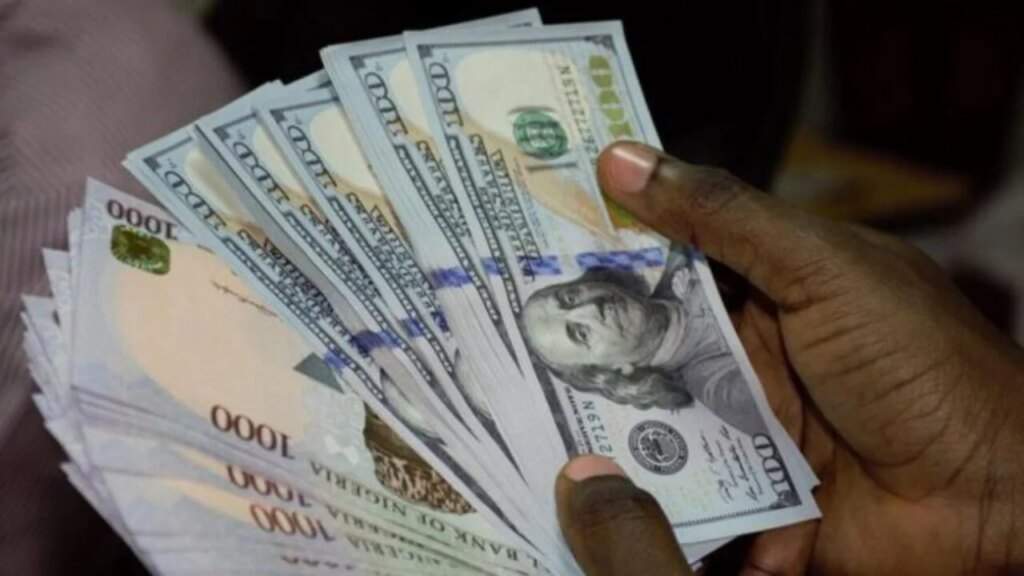In a concerning turn of events, the Nigerian Naira experienced a significant depreciation against the US dollar in the official foreign exchange market on Wednesday. According to official data from FMDQ, the Naira opened at N871.12/$1 but closed at a staggering N904.56/$1, marking a worrisome 4.38 per cent decline.
Surprisingly, despite a 22 per cent increase in dollar supply to $120.89 million on the same day, the Naira failed to hold its ground. The struggle was not confined to the official market alone, as the parallel market also witnessed a marginal depreciation, with the Naira exchanging at N1,260/$1 on Wednesday, compared to N1,185/$1 the day before.
This unsettling trajectory follows the recent decision by the Central Bank of Nigeria to raise the exchange rate for cargo clearance from N783/$ to N952/$, a move made in response to the ongoing foreign exchange crisis.
The forex woes of the Naira are a matter of great concern, with far-reaching implications for the Nigerian economy and its people. As the Naira continues to grapple with these challenges, it’s essential to delve into the factors contributing to this unsettling trend and explore the potential ramifications for Nigeria’s economic landscape. This calls for a deeper understanding of the fundamental issues at play.
The continual fluctuation of the Naira against the US dollar has sparked widespread apprehension among market observers and the general populace alike. The implications of this struggle are vast, affecting various facets of the economy and the daily lives of Nigerians. It’s imperative to unravel the complexities of this predicament, shedding light on its multifaceted impact.
As the global community closely monitors the performance of the Naira, it’s crucial to navigate through the intricacies of Nigeria’s forex market, unveiling the dynamics that underpin the rise and fall of its currency. By illuminating these complexities, we can foster a deeper comprehension of the challenges faced by Nigeria and pave the way for informed discussions and potential solutions.
In a world interconnected as never before, the ripples of Nigeria’s forex struggles extend beyond its borders, resonating with global markets and stakeholders. The implications of these developments are not confined to Nigeria alone but have the potential to reverberate throughout the international economic landscape.
As we embark on this insightful journey, delving into the heart of Nigeria’s forex market, let us unravel the intricacies of this critical issue, exploring its implications and seeking pathways to navigate the challenges at hand.
